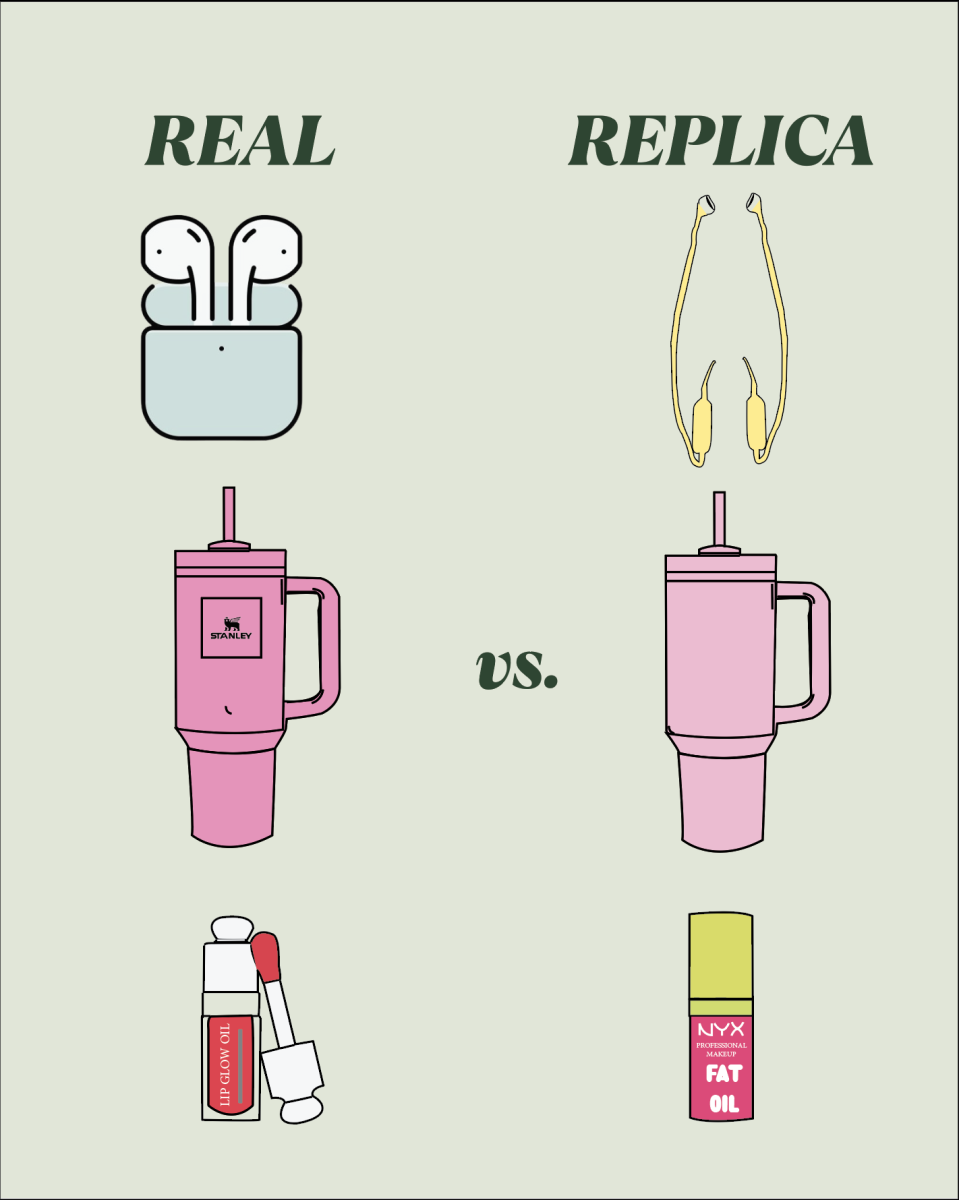Are 16-year-olds old enough to vote? This is the essential question San Francisco asked its citizens alongside the presidential vote on November’s ballot last year. A proposition to decrease the voting age for local elections by two years was introduced back in 2016 by Vote 16, a campaign to garner nationwide support for decreasing the voting age. It nearly passed with 48% of the popular vote in 2016 and in the most recent election, it was just shy of passing with 49.2% of the vote.
Prop G in San Francisco was one of the most recent examples in the American question of youth enfranchisement. It’s rejection wasn’t surprising, but definitely unfortunate. Many skeptics have determined that 16-year-olds are too immature, impressionable, and uninformed to make decisions for the government. But if there is any consideration of representation and civic engagement, there should be little reason to oppose reducing the voting age to 16.
First, on the issue of representation: in an ideal democratic system, elected officials and their policies should be reflective of the people they represent. Teens pay taxes, are affected by policy, but have no say as to how their taxes are used or what policies should be enacted. Not only would allowing 16-year-olds to vote expand the demographic in which politicians must cater their policies, but it would also increase the total percent of the population that could vote in an election, leading to a more representative government.
Obviously, there seems to be a slippery slope. If 16-year-olds are allowed to vote, why not 14, 12, and 10-year-olds? But there is a good reason why 16 is an ideal age for voting. Studies have shown that 16-year-olds are developed enough to participate in the same civic duties as 18-year-olds. The evidence to assume that 16-year-olds are too immature are entirely anecdotal. The difference of two years, in reality, is insubstantial. The case could also be made that high schoolers have been taught enough civic knowledge to have an educated vote. High schoolers, after all, take government classes and are generally just as knowledgeable about politics as 21-year-olds and older voters.
Lastly, on the issue of civic engagement: decreasing the voting age increases the likelihood that youth voters vote in more elections in their lifetime. Other countries that have lowered their voting age have seen increased voter turnout long-term. And increasing voter turnout has cascading effects on American politics, not just on the national level, but also mainly in gubernatorial elections. For example, mayoral and state council elections have historically low turnouts, although local policies are incredibly important to everyday life. To make not only national policy, but also local policy more representative of American needs, state and federal governments should reduce the voting age.
High schoolers in Ladue and everywhere are capable, knowledgeable people. In the national movement to prove their worth, there will certainly be objections to the ability of American teens. But the positive outcomes of reducing the voting age demonstrate why it’s certainly worth voting for.









